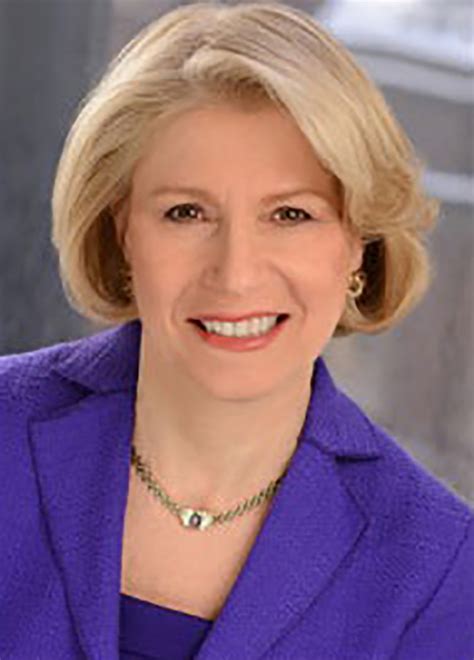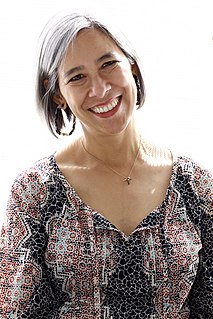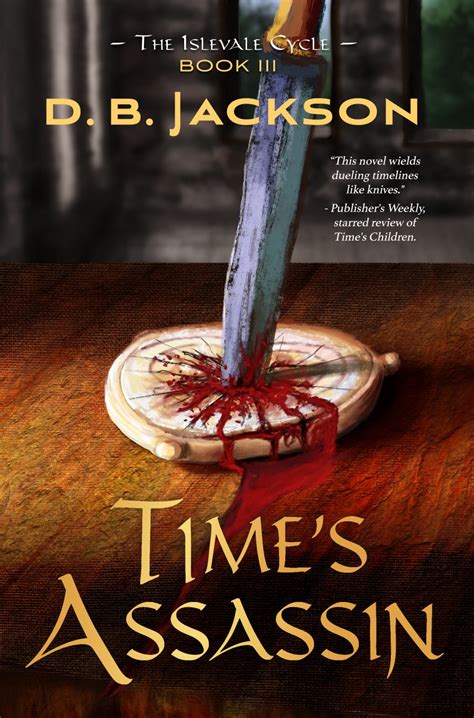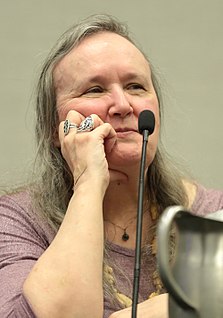A Quote by Elmore Leonard
At the time I begin writing a novel, the last thing I want to do is follow a plot outline. To know too much at the start takes the pleasure out of discovering what the book is about.
Related Quotes
Usually I work out the plot before I start. This time I thought: Writers always talk about not knowing where a book is going - -I want to experience that, too. What I found out is that it's very interesting, but it takes much longer because you have so many false starts. You take wrong turns and you have to go back and start the whole chapter, or the whole section, from scratch.
There's that lovely thing for the first month or two of writing a new book: OK, I don't know what that character's going to do, but we'll find out later. After about three or four months you come to that bit where you've got to put some plot in before it's too late, and you have to go back and start inserting plot, and, ooh, I've left out the literature, OK, lets put some in.
I've never written a book with an outline or a predetermined theme. It's only in retrospect that themes or subjects become identifiable. That's the fun of it: discovering what's next. I'm often surprised by plot developments I would not have dreamed of starting out, but that, in the course of the writing, come to seem inevitable.
I don't revise a lot when writing short stories. As far as the novel, I definitely thought more about plot. Honestly, I'm still pretty confused about what "plot" means. I've been reading some of my Goodreads reviews and one reader noted that the The Last Days of California "reads like a short story stretched to the breaking point, padded and brought into novel range..." I don't know what people want, really.
I might spend 100 pages trying to get to know the world I'm writing about: its contours, who are my main characters, what are their relationships to each other, and just trying to get a sense of what and who this book is about. Usually around that point of 100 pages, I start to feel like I'm lost, I have too much material, it's time to start making some choices. It's typically at that point that I sit down and try to make a formal outline and winnow out what's not working and what I'm most interested in, where the story seems to be going.
I know I'll keep writing poems. That's the constant. I don't know about novels. They're hard. It takes so much concentrated effort. When I'm writing a novel it's pretty much all I can do. I get bored. It takes months. Movies do the same thing. It's all-encompassing. It feels like I'm going to end up writing poems, short stories and screenplays.
The process for writing a picture book is completely different from the process of writing a chapter book or novel. For one thing, most of my picture books rhyme. Also, when I write a picture book I'm always thinking about the role the pictures will play in the telling of the story. It can take me several months to write a picture book, but it takes me several years to write a novel.
I can't speak in too much detail about a book or story I'm working on because I find that it takes the energy out of my writing. When I begin to work, it's like a soda bottle that's been jostled before it's opened. There's a lot of pent up energy in there. I have to let it out slowly, carefully, so that I can turn it into a written work.
Because...Beacause it's so good, and there's only one chance to read a book for the first time, and I want it to last. That experience. I'd finish it in a day otherwise, and that'd be like...like eating a carton of ice cream in one sitting. Too much richness over too quickly. This way, I can draw it out. Make the book last longer. Savor it. I have to since they don't come out that often.
Well, first you have to love writing. A lot of authors love having written. But I enjoy the actual writing. Beside that, I think the main reason I can be so prolific is the huge amount of planning I do before I start to write. I do a very complete, chapter-by-chapter outline of every book I write. When I sit down to write, I already know everything that's going to happen in the book. This means I've done all the important thinking, and I can relax and enjoy the writing. I could never write so many books if I didn't outline them first.







































